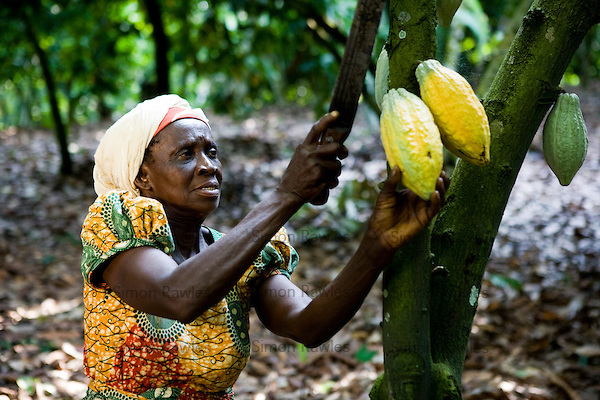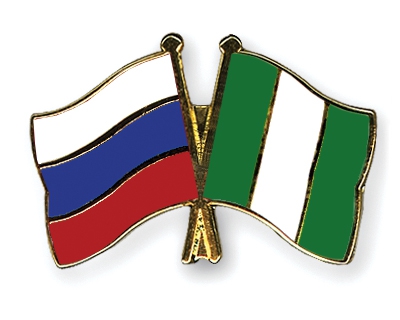
Akosua Boadu harvesting, on her farm in village of Amankwaatia
Cocoa farmers in Ghana have not been paid owing to the global slump the country is facing. Ghana will probably start withdrawing funds from its Stabilization Fund to pay its farmers.
Ivory which is the largest producer has slashed the price it pays it farmers have been slashed by 36 percent, Ghana’s Cocoa Board has been operating this way so far and is ruling out any cut for the upcoming main crop, despite its own mounting debt. The country is hoping that demands from Asia and the Middle East will increase and boost international prices Deputy Chief Executive Officer Yaw Adu-Ampomah said in an interview.
The demand for cocoa in New York has declined by 33 percent in the past year.
“Right now the stabilization fund is being looked at in case it falls further,” Adu-Ampomah said. The government contributes to the fund during boom years and the money is available to support farmers when needed, he said, while declining to comment on the fund’s current balance.
Ivory Coast and Ghana are both expecting bumper harvests this season, and average cocoa prices aren’t seen rising more than about 10 percent over the next 12 months, according to the median of 18 analyst estimates compiled by Bloomberg.
Ghana may not pay bonuses to farmers this season because of lower prices, CEO Joseph Boahen Aidoo told reporters last week.
The board is also taking steps to reduce wasteful spending, Adu-Ampomah said. It has put contracts to build roads in cocoa-growing regions on hold while previous deals are audited and will better prioritize infrastructure projects and reduce social responsibility spending, he said.
The board bought over 800,000 metric tons of beans in the 2016-17 main crop season and aims to purchase 80,000 to 100,000 tons in the light crop that began on June 9 and ends in September, he said.


